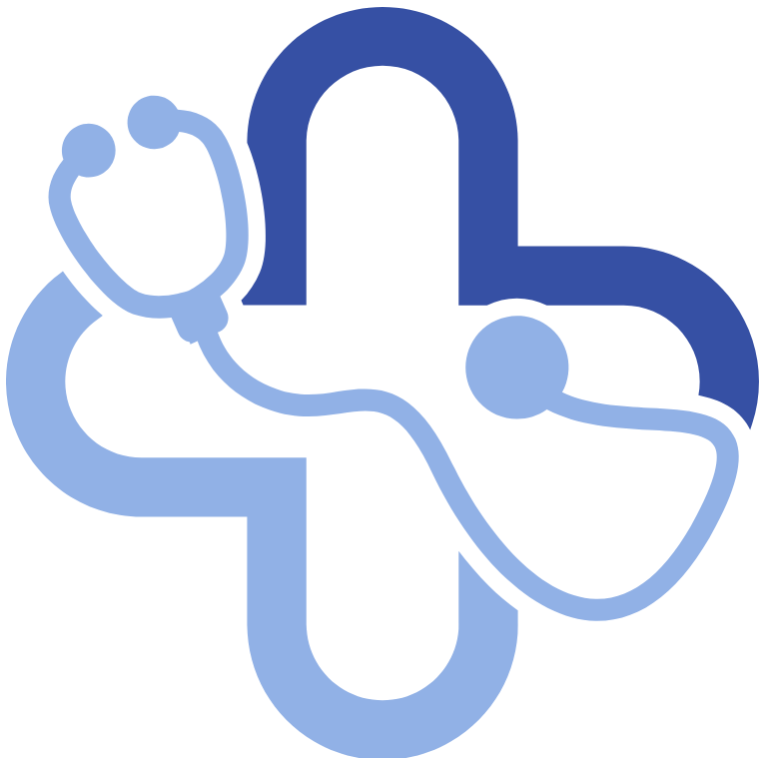The Penn Asian Vocational Institute (PAVI), part of Penn Asian Senior Services (PASSi), provides a comprehensive and immersive CNA training program, uniquely designed to prepare students for success in healthcare. Known for its culturally inclusive environment, PAVI emphasizes compassionate care, making it an excellent choice for students seeking a well-rounded education in caregiving. The program spans seven weeks, encompassing 120 hours of training that includes classroom instruction, hands-on lab experience, and clinical practice. This combination ensures that graduates are fully equipped to meet the demands of the profession.
Course Structure and Duration
PAVI's CNA program is structured to deliver a blend of theoretical and practical knowledge. The course includes 43 hours of classroom instruction, where students learn the foundational concepts and skills essential for quality patient care. This is complemented by 25 hours of laboratory experience, allowing students to practice procedures and develop confidence under the guidance of experienced instructors. The program culminates with a 52-hour clinical rotation, giving students real-world experience in a healthcare setting, which is invaluable for skill-building and gaining exposure to day-to-day responsibilities.
Experienced Instructors and Supportive Learning Environment
PAVI's instructors are seasoned nurses with extensive backgrounds in healthcare. They bring practical knowledge and insight into the classroom, offering mentorship and support throughout the program. This experienced faculty not only teaches the curriculum but also instills a compassionate approach to patient care, preparing students to thrive in a professional environment.
Accreditations and Certification Preparation
The CNA training program at PAVI is licensed by the Pennsylvania Department of Education, ensuring it meets rigorous standards for quality and comprehensiveness. The program prepares students to take the National Nurse Aide Assessment Program (NNAAP) Examination, a key requirement for certification in Pennsylvania. Passing this exam enables graduates to officially work in the healthcare field, opening doors to various employment opportunities.
Program Format and Flexibility
While PAVI's CNA program is primarily offered in person to maximize hands-on learning, it accommodates students' needs through a flexible schedule. Classes are available on both weekdays and weekends, allowing students to select a schedule that best fits their other responsibilities. Although the program does not currently offer online classes, the in-person format is especially beneficial for a practical field like healthcare, where hands-on skills are essential.
Language Support and Cultural Inclusivity
PAVI prides itself on serving a diverse student body and offers classes in multiple languages, including Chinese, Korean, Vietnamese, Hindi, Haitian Creole, and English. This approach makes the program accessible to a wider range of students and supports those for whom English is a second language. PAVI also offers a Vocational English as a Second Language (VESL) course in partnership with Penn State University's Abington campus, providing additional language support to help non-native speakers succeed in the healthcare workforce.
Additional Certifications and Support Services
As part of the CNA training program, students earn CPR certification, a valuable addition that enhances employability. PAVI also provides access to career counseling and job placement assistance, helping graduates transition smoothly into the workforce. Though the program does not currently advertise scholarships or free CNA classes, the cost remains competitive with similar programs in the area, offering a valuable investment for prospective caregivers.
Penn Asian Vocational Institute's CNA program is an ideal choice for individuals who value hands-on experience, cultural inclusivity, and a compassionate approach to caregiving. With expert instructors, flexible class schedules, and strong support services, PAVI equips students with both the technical skills and interpersonal qualities needed for a successful career in healthcare.

